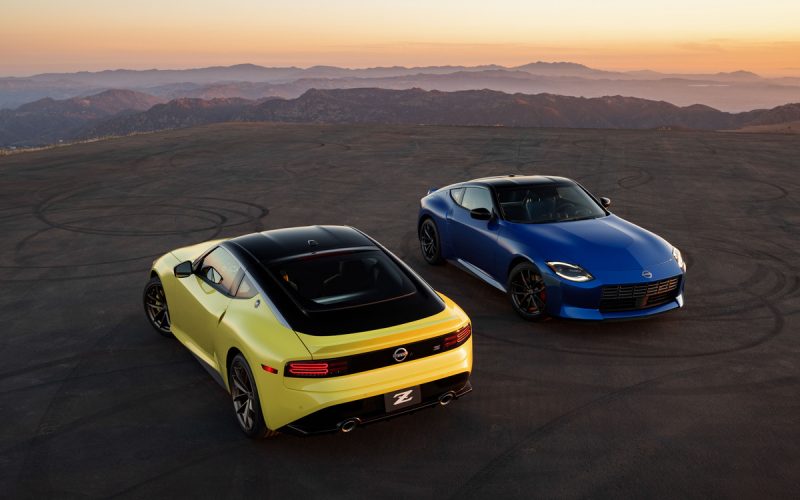Japanese carmaker Nissan has confirmed a partnership with Chinese electric vehicle (EV) manufacturer BYD to jointly offset their carbon emissions in Europe, in a move designed to help Nissan avoid EU penalties due in 2025.
The agreement forms part of a wider European Union carbon-offsetting mechanism that allows carmakers producing combustion engine vehicles to “pool” emissions with EV manufacturers, effectively reducing their average fleet emissions. The scheme could help traditional automakers sidestep an estimated £13 billion in fines.
In a statement, Nissan said: “Nissan has formed a pool with BYD for its CO₂ fleet emissions in Europe for the 2025 calendar year. The scope of the agreement covers passenger vehicles within EU markets and will contribute to Nissan’s commitment towards zero emissions in a sustainable way, while continuing to support the EU’s 2050 decarbonisation target.”
The company added that the partnership ensures “better compliance with EU regulations” as it continues its transition towards its own zero-emissions goals.
Under EU law, manufacturers must meet fleet emissions targets of 93.6g of CO₂ per kilometre. The pooling arrangement allows firms to pay EV companies for their zero-emission records to balance out pollution from conventional vehicle sales.
Industry observers warn, however, that the practice could slow Europe’s transition to electric mobility. Fredrik Eklund, head of carbon credit trading at Polestar, said: “It risks delaying the transition from legacy cars to EVs. We are already seeing car manufacturers pushing at the 2027 expiry date, but from the point of view of society, we really don’t want to delay this.”
The EU recently extended the emissions compliance period from one year to three years — a move critics say could further stall EV adoption, particularly in countries like France, Germany, and southern Europe.
Nissan’s deal with BYD mirrors similar arrangements between other automakers and EV specialists. Tesla, for example, has pooled with Toyota, Ford, Mazda, Alfa Romeo and Suzuki, while Polestar has arrangements with Mercedes-Benz, Volvo and Smart.
Although the financial details remain undisclosed, reports suggest that carbon credit sales accounted for nearly 3% of Tesla’s $72 billion revenue in the first nine months of last year — roughly £1.6 billion.
Meanwhile, the automotive sector continues to lobby Brussels for a relaxation of the 2035 ban on new combustion engine cars, arguing that infrastructure gaps and sluggish consumer demand are hampering Europe’s shift to electric vehicles.



















